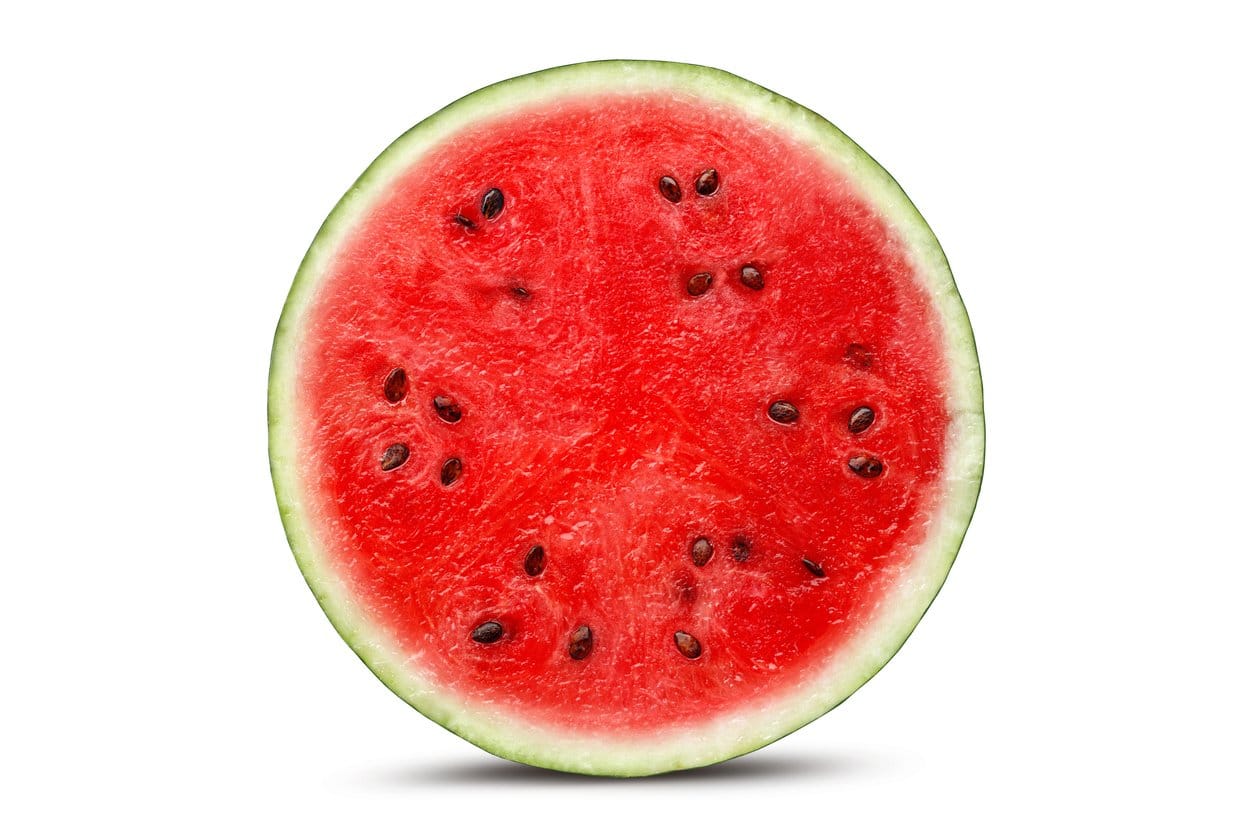Plantar fasciitis refers to the inflammation of the plantar fascia, the thick band of tissue that connects your heel to your toes. Plantar fasciitis is one of the most common causes of pain experienced at the bottom of our feet, and occurs as a result of this tissue being overstretched and developing small tears, usually as a result of too much walking or running. We have previously discussed ways to help alleviate the pain associated with plantar fasciitis, but in this blog, we will focus on how your diet can affect the condition too.
Anti-Inflammatories
The main way our diet affects plantar fasciitis is through our consumption of foods that have either inflammatory or anti-inflammatory qualities. On the anti-inflammatory side, there are many different vitamins, minerals, and compounds that can affect conditions like plantar fasciitis, with calcium, magnesium, methylsulfonylmethane (MSM), and Vitamin C being among the most influential.
Spinach, while not one of the most popular foods, is one of the most effective anti-inflammatories, as it contains calcium, magnesium, Vitamin C, and MSM. Oranges are a close second, with high doses of Vitamin C, calcium, and MSM.
Omega 3 is a fatty, polyunsaturated acid that can be very effective at reducing inflammation, and is easily found in a variety of food items. Tuna and salmon have high doses of Omega 3, particularly if they are wild fish, though pumpkin and flax seeds are both good sources as well. Monounsaturated fatty acids are also helpful, and can be found in avocados, olive oil, and some nuts, such as peanuts, cashew nuts, and brazil nuts.
In terms of vegetables, spinach, carrots, and broccoli are some of the best that you can consume to reduce inflammation. For fruits, strawberries, blueberries, and tomatoes are the most effective and readily available.
In order to ensure that you are getting enough protein, fish, poultry, and milk are some of the best choices. Low-fat or fat-free milk is even better, while soy milk reigns supreme. Other soy products, such as tofu, are also helpful, as are several nuts, such as almonds, brazil nuts, and walnuts.
Inflammatories
Increasing your intake of foods that have anti-inflammatory qualities is only half the battle, as you must also decrease the amount of inflammatory foods you consume as well. This means cutting down on some of the most popular food items out there, such as foods that are high in processed sugars, such as sweets, processed flour, such as white bread, and saturated/trans fat, which is found in most junk food and processed meat, such as hamburgers and sausages.
Supplements
Tumeric and bromelain (an enzyme found in pineapples) are two of the most effective anti-inflammatories available to us, but are often found in doses too small to take effect. If the pain you are experiencing is persistent or extreme, taking supplements of these, as well as Omega 3, may be a particularly effective way to help tackle the issue.
For more information and advice on nutritional needs, check out the blog at Spectrum Nutrition, and you can find out more information about plantar fasciitis here











